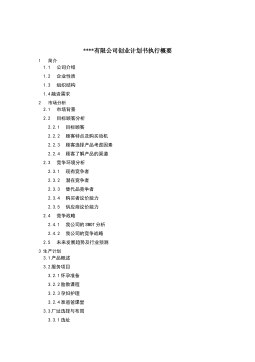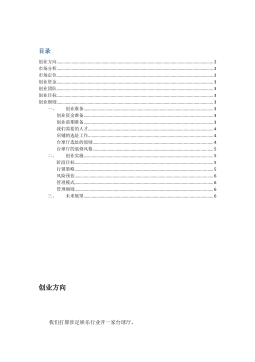基于合同能源管理的暖通空调节能服务市场研究
摘要目前为止,国内对建筑节能服务市场的研究较多,但具体到对暖通空调节能服务市场的研究较少,同时对于合同能源管理的研究也较多,但对合同能源管理在暖通空调领域应用的研究就几乎没有,因此本文就从这个角度进行研究。本次研究主要从以下几个方面进行分析:首先,对本次研究的市场出发点EMCO和合同能源管理进行分析,通过这些概念的认识从而对文章有更好的了解。其实,通过国内节能服务市场研究延伸到暖通空调节能服务市场,并对基于合同能源管理的暖通空调节能服务市场进行较彻底地分析,其中包括最新政策、竞争格局以及市场规模与趋势等。再次,从市场运作模式的角度对暖通空调节能服务市场的运作模式进行分析,得出国内主要的两种市场...
相关推荐
-
我国基层财政困难的制度成因分析与对策研究VIP免费
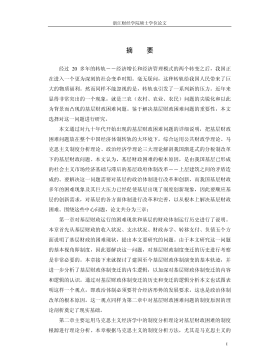
 2024-09-20 33
2024-09-20 33 -
我国煤电产业链纵向交易合约机制研究VIP免费
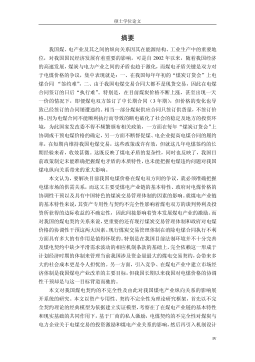
 2024-09-20 28
2024-09-20 28 -
生产要素视角下的上海市产业结构优化研究VIP免费
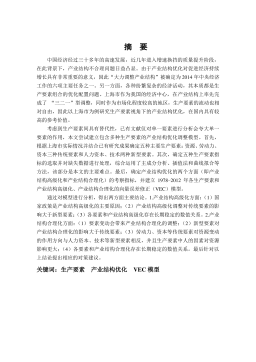
 2025-01-09 7
2025-01-09 7 -
我国银行业结构与经济结构关系研究VIP免费
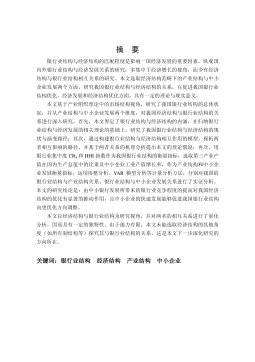
 2025-01-09 7
2025-01-09 7 -
大数据视角下农业供应链金融研究VIP免费
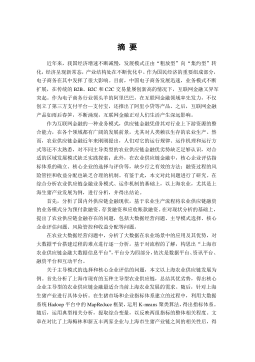
 2025-01-09 6
2025-01-09 6 -
跨国大型综合超市的规划研究VIP免费
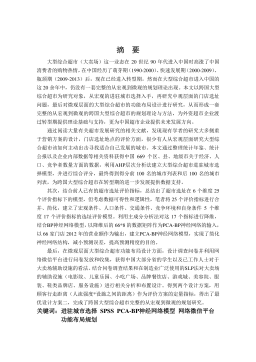
 2025-01-09 6
2025-01-09 6 -
跨境电商农产品质量安全问题研究VIP免费
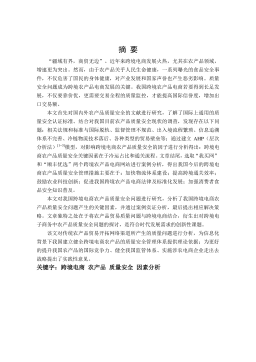
 2025-01-09 7
2025-01-09 7 -
世界市场的虚拟化与我国国际电子商务发展方向研究VIP免费
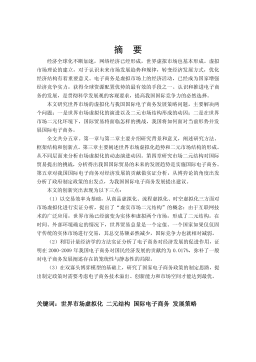
 2025-01-09 9
2025-01-09 9 -
中国政府对电力行业的价格规制问题研究VIP免费
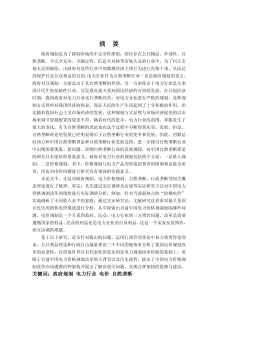
 2025-01-09 14
2025-01-09 14 -
中小企业信息化系统集成技术研究VIP免费
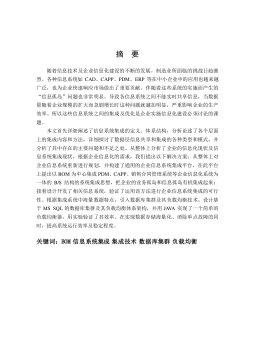
 2025-01-09 14
2025-01-09 14
相关内容
-

跨国大型综合超市的规划研究
分类:高等教育资料
时间:2025-01-09
标签:无
格式:PDF
价格:15 积分
-

跨境电商农产品质量安全问题研究
分类:高等教育资料
时间:2025-01-09
标签:无
格式:PDF
价格:15 积分
-

世界市场的虚拟化与我国国际电子商务发展方向研究
分类:高等教育资料
时间:2025-01-09
标签:无
格式:PDF
价格:15 积分
-

中国政府对电力行业的价格规制问题研究
分类:高等教育资料
时间:2025-01-09
标签:无
格式:PDF
价格:15 积分
-

中小企业信息化系统集成技术研究
分类:高等教育资料
时间:2025-01-09
标签:无
格式:PDF
价格:15 积分


